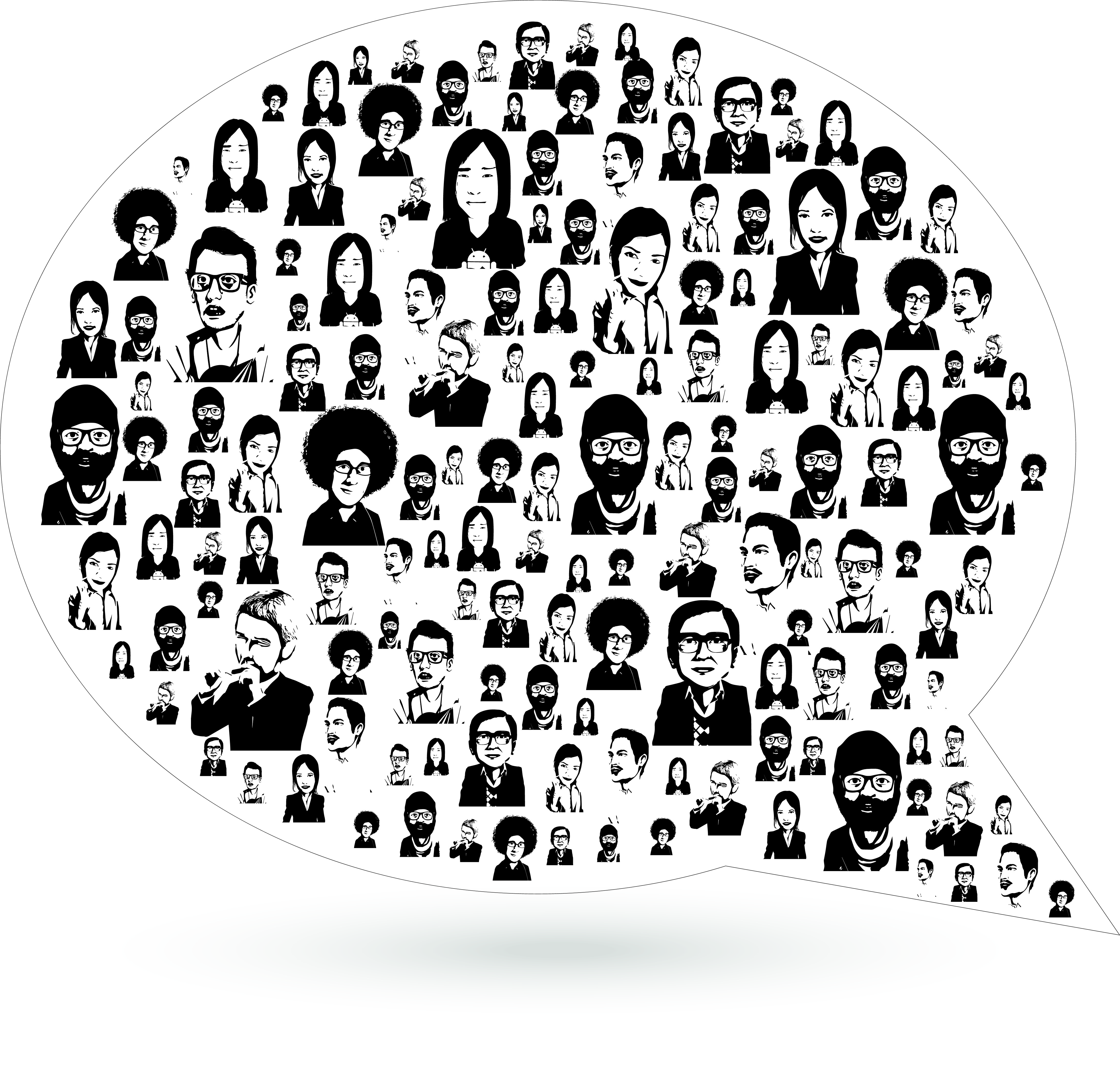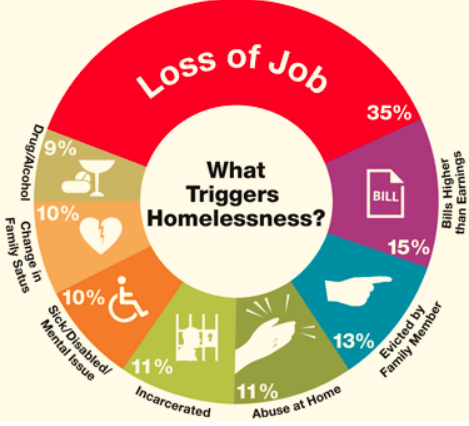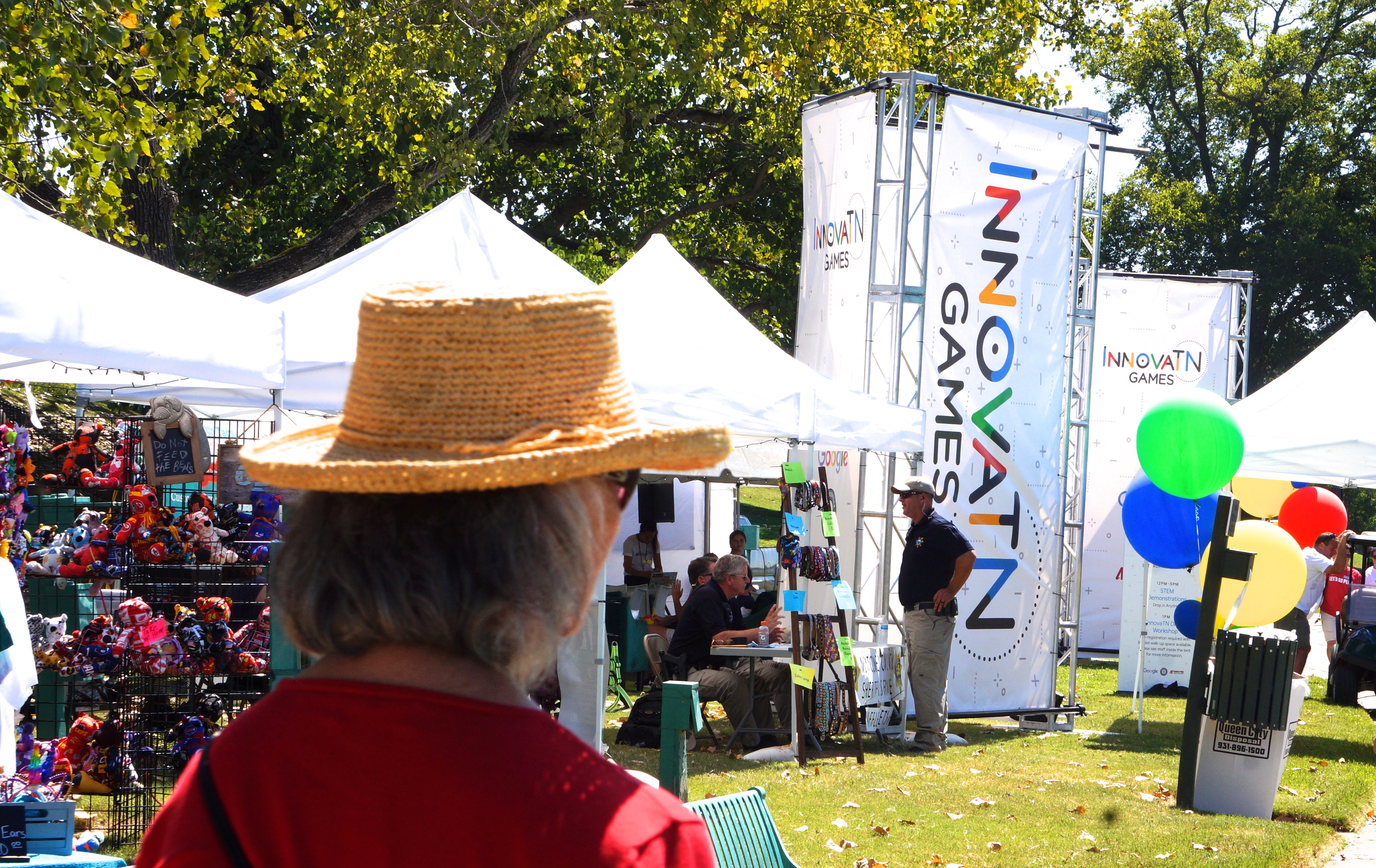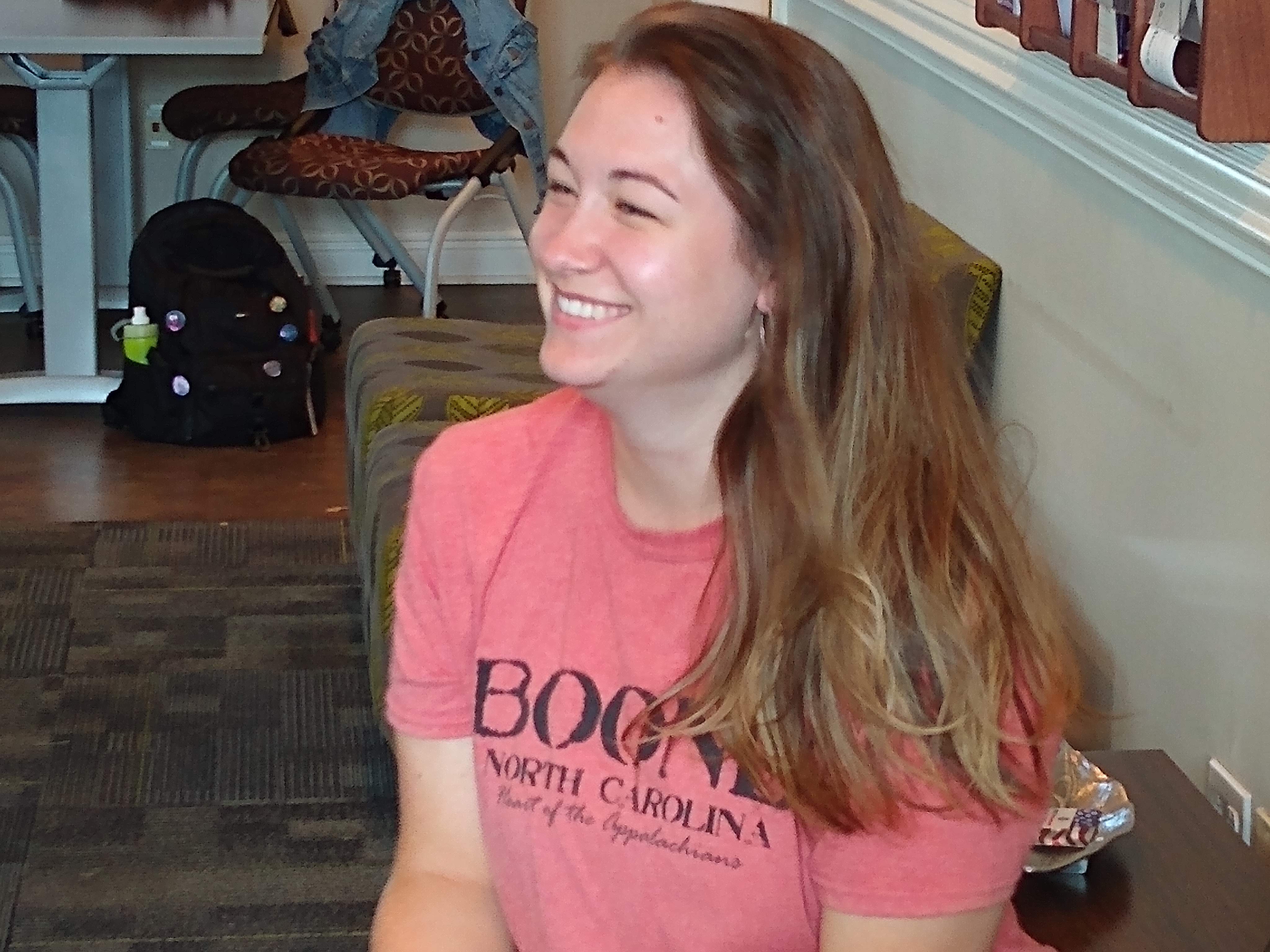Editor’s Note: This is part two in a series addressing the circumstances of being broke while going to college and the ways people are coping with the stress and doing what they can just to get by. This installment discusses an intervention popping up on campuses across the country where hyper-local wikis (crowd-sourced information) are indiscriminately sharing information about resources, strategies and “tricks” to thrive within the specific college communities.
As it turns out, biology and psychology have proven that people are more alike than they are different. Humans need food, clothing and shelter and most people spend most of their waking hours trying to meet those needs.
In spite of the effort, more than a third of all college students report not having consistent access to healthy food and a quarter have unstable situations where they sleep at night. More than a few are chronically hungry and homeless.

People have begun to crowdsource coping strategies and incremental solutions to parts of the problem. Twenty years ago it would have been called something else, but in this day and age we call it “crowdsourcing.”
Not to be confused with “crowdfunding” where good ideas are shared to invite financial investment. Crowdsourcing is about people sharing what they know. It is an archive of ideas, experiences and warnings to help the next person find their way.
The emergence of the internet has fundamentally altered the way people share information, ideas and innovations. People have their say in blogs, videos, articles, podcasts, etc. and audiences consume it on their own terms. A videographer may do their best work by getting up a few hours early and editing before her “real job.” Her 90-second package may get the most plays on YouTube in the middle of the night.
While some people still chat after church and in the grocery line, more and more information is being shared online, in diverse formats, at random times of the day or night. This flexibility, coupled with powerful search engines, makes matching a person with relevant information entirely more efficient.
Wikipedia defines a WIKI (WIK-ee) as “a knowledge base website on which users collaboratively modify content and structure directly from the web browser.” On-campus we dabble in wiki-ish behavior when we collectively edit a group project in a Google Doc or Word document in OneDrive. It is what the internet was originally deployed for, except back in the 70’s it was for sharing information about next-generation weapon development and medical trials.
With the availability of smart devices in nearly every person’s reach and the broad distribution of free platforms to share information, what was once mostly a tool of the wealthy and powerful is now being deployed by the less-resourced population to share information on how to cover your light bill and make your groceries.

In 2018, a couple of students at the University of Michigan launched a shared document they called “Being Not-Rich at UM.” The Guide addresses the complex web of economic decisions a student faces when trying to pay their bills and get their diploma or certificate at the same time.
Here is a sample of some of the advice found in the guide posted by a commuter student living at their family home:
“Living at home (Southeastern Michigan)—plan classes according to how much you are willing to spend buying gas. Student orange lot parking costs $80 per term, and it is easiest to park off of Glazier Way (the last stop on Commuter North). Plan for professors to schedule exams on your off days, and schedule your job accordingly (speaking from experience). They don’t make this easy for us, but I know there have to be more people like me at this school who deal with these issues.”
What makes this sort of homegrown guide useful is how specific and tested the information is, having been written by a person who might be sitting right next to you in class. There are tips on how to score the lowest housing prices in the area, find a good place to get parking, and even sharing ways to communicate with your professor how not being rich requires certain accommodations.
Some of the strategies are universal, but the details are about your campus, neighborhoods and economy. This homegrown wisdom is based on experiences that have worked for others in your situation.
Every community has its quirks. Knowing the ins and outs of the system, the social services and the bargain basements are not common knowledge. While every little town has people who know how to get by, their innovations and hacks are not always broadly shared. A WIKI or crowdsourced document solves that problem.
The idea has grown popular across the nation. Regionally, there is a “Being Not Rich Guides” under development at Georgia Tech, the University of Georgia and Vanderbilt University.
In the next installment of this series, The All State will talk to the people at the S.O.S. Food Pantry who are launching the “The Gov’s Guide for Getting By” and report on how student organizations are adopting the project.





